Is the great British bike industry on the up for 2025?
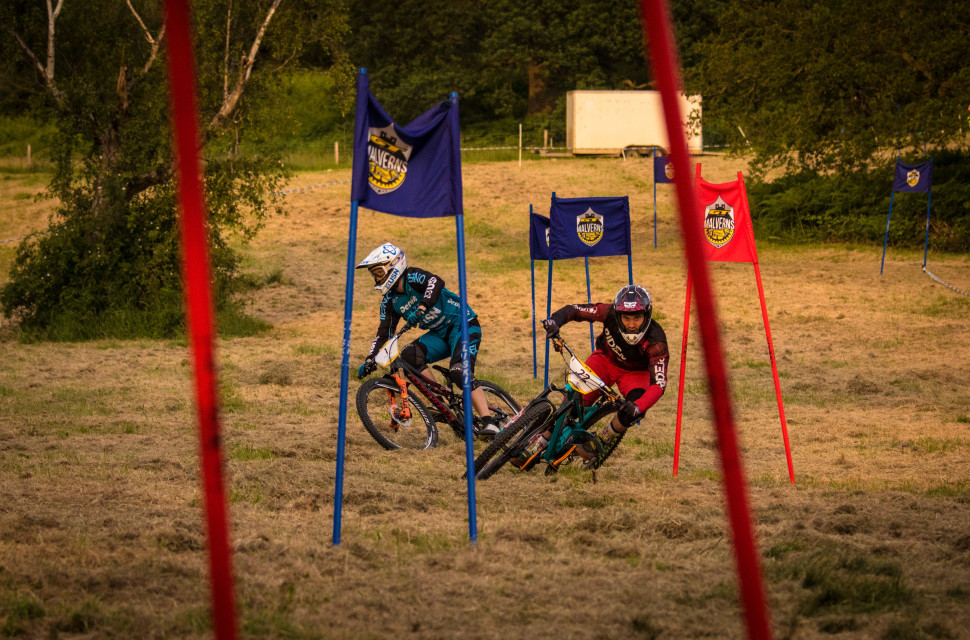
[Words by Steve Thomas]
The great British and indeed the entire global bike industry, has been splashing its way through seven muddy pools of hell in the past few years – and while many see a dry patch on the horizon, others see nothing but a twisty and gloomy ride through yet more muddy hell on their short-term horizons, which is understandable given what we’ve all lived through in the past few years horizons.
- Gravel racing - what's next for cycling's fastest growing discipline?
- Industry Insider: MTB career insights with Katy Curd
- Industry Insider - MTB career insights with Si Paton
Some have weathered and adapted to the rough ride better than others. The Malverns Classic recently announced an impressive and encouraging upscaling of what must be Britain’s oldest and boldest mountain bike event and festival. Is this glimmer of success on the current dreary and long ride of strife a beacon of sunny day hopes ahead?
The bike industry is a multifaceted entity that stretches beyond the local bike shops and the huge corporate bike-making dominators. From the ball bearing polishers and rubber tappers to the various manufacturers and their employees to the retailers, the cycling media, the events, race teams, sponsored riders, and so on, it’s hit many with a brutally hard series of below-the-belt blows of late.
We spoke to the man behind the thriving Malverns Classic, Si Paton, and the human behind the Mason Cycles badge – Dom Mason about their journeys through the past few years, to find out how they have remained relatively steadfast and clipped in.
Dom Mason, founder of Mason Cycles (along with his wife, Julie Mason)
ORCC: The UK bike industry in general has been in strife. How has this been for Mason?
Dom Mason: For the whole industry, the last few years have been a real challenge, but in some ways, being a small-batch producer of high-end bikes, perhaps we’ve been less affected than some of the big players.
ORCC: How much of an impact did Brexit have on Mason?
DM: Brexit, of course, has generated uncertainty and increased costs around admin, shipping and regulation. It really hasn’t been fun. We would rather be designing and building bikes than grappling with countless new layers of bureaucracy. But our international market is very important to us, so we’ve had to get stuck in, learn these new processes and ensure we’re compliant. We’ve had to do our homework – making an effort to understand the rules that allow us to ship duty-free into the EU. Research and planning – not panic – had to be our response.
We’ve also had to help our customers understand a little more in terms of delivery times, duty, tax and other details. We try to make it as easy as possible for our customers to buy a MASON, and our efforts seem to be working, but it’s still a set of delays and procedures we would rather not be having to waste time on.
ORCC: Needless to say, Covid hit everyone hard; how did you adapt and survive it?
DM: Covid, of course, was a nightmare for everyone: a hugely disruptive time for our whole industry, with extreme swings in supply and demand. But as a small-batch manufacturer with a sustainable culture, we felt reasonably well insulated from some of the shocks and shortages that hit the major corporations. We are always careful not to push ourselves outside sensible accounting. We keep cash in the business, giving MASON the resilience that has seen the company through the last few years.
We have ten bikes in our range now, which, for us, feels like a lot, but compared to other brands with dozens, or even hundreds, of models, our stockholding situation is far simpler. This is another key factor in the way we’ve kept resilient through the last few years. As each bike’s specification is so customisable, we can adapt to each customer’s budget, depending on their appetite. Our hand-built framesets remain a premium product, but the selection of wheels, groupsets, and other components allows customers to choose between optimum value for money or an exotic build of a dream bike. This flexibility appears to be working well for us, as our workshop is always busy, building and packing bikes for customers around the world.
ORCC: How have you evolved to meet the shifting market trends of late, and do you see near-future hope overall for the Mason and the bike industry?
DM: As for the future, we are given confidence by the way our small size helps to maintain our agility. When we noticed a greater demand for adventure bikepacking bikes, we developed a new model – the Macro – to meet this need. Our small batch manufacture enables us to take a proactive attitude to new industry standards and market expectations. The move towards UDH, for example, does not require a major overhaul. Instead, it’s a quick trip to Italy to work out a solution with our makers, coupled with an opportunity to bring in any other tweaks or changes I may be keen to make. I doubt we could be so responsive if we were a huge corporate behemoth that was over-committed to Far East manufacturing.
Si Paton, Race Director of The Malverns Classic
ORCC: The UK bike i
ORCC: Having run the British Downhill Series, and having been involved with other events, and now heading the Malverns Classic, how much does the private event angle versus answering to a federation or bigger body play out in things being viable, and especially so in this current climate?
Si Paton: That's a great question and a fashionable one to help beat up the likes of British Cycling. The honest answer is, that I've always worked alongside BC, and yes of course there are a few hurdles to jump through and additional paperwork, but it's never been a hindrance.
I've always seen it as a huge value, being able to utilise their online booking system means riders only get charged a £1.00 booking fee per race entered. Then add in a handful of BC Commissaires (who are volunteers) to help keep you and the riders on the straight and narrow, it's an unmeasurable benefit, along with their insurance and legal cover that they provide race organisers.
ORCC: Over the years we've lost many classic British events. What is the key, or what needs to be addressed, or realised, to make event promotion viable?
SP: Firstly, hard work and a good salesperson at the helm, that's what promotion is all about, as well as finding and creating opportunities. Luck is where hard work and opportunity meet. That means handing out flyers, and stickers at trail centres up and down the country, and endlessly posting on related social media groups.
That said, we also need the industry on board, it's brilliant that they sponsor the riders, but they also need to sponsor races and events. It's not all just about social media; the fans want to meet the stars in person, get an autograph, and capture that selfie for their socials and profile picture.
ORCC: What is it that makes the Malverns a success, when other events struggle to stay afloat?
#mtbfamily & #mtbparty are our biggest and most used hashtags - and that's exactly what we offer and deliver in full; the experience, the memories, and nobody else is doing that.
I'll sum it up from a great story this year; a dad came up to me and said "I came Friday with my young son, we had the most amazing time but there was only one problem - he cried all the way home on a 2.5-hour drive and wouldn't go to sleep that night. So, I booked a weekend ticket and we are back"!
ORCC: Are you seeing any clear or misty sight of the bike industry, and the events that go with it, picking up?
SP: Stay alive for 2025! There is light at the end of the tunnel, and the bike industry knows that. That said, marketing budgets have been slashed, meaning events and race teams have disappeared. Everyone is still riding bikes, doing skids and wheelies, and wearing out the consumables - and those distributors that have focused on parts and accessories have fared better, and are more open to talk about sponsorship. With less races and events in 2025 that should surely mean more demand for those events that have stayed alive, only time will tell.
With huge global marketing shifts away from old-school sponsorship models and towards influencers and "gorilla internet marketing," how has that impacted events and the traditional side of the industry—and has it changed the way you have to think about sponsorship and promotion?
Influencers are absolutely key to inviting and encouraging their attendance and participation at your event. You have to sell them the opportunity to meet the fans face to face, meet the industry and potential sponsors, and create unique content for their social media channels. The best example of this we have is trials rider superstar Duncan Shaw, who thrilled the crowds by staying upright and dry on the Evans Cycles Lake Ride this year, amassing over 100 million views on his social media networks.
Promoting the names of influencers' attendance and their 'social Media reach' is a key section in our sponsorship pack that the sponsors now expect in this day and age.










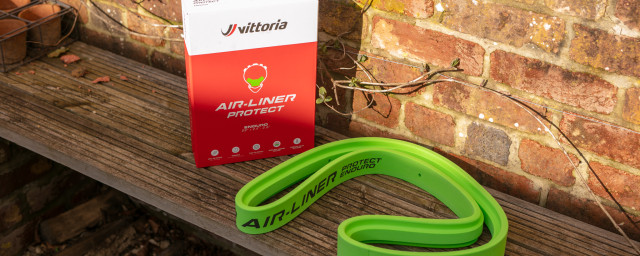
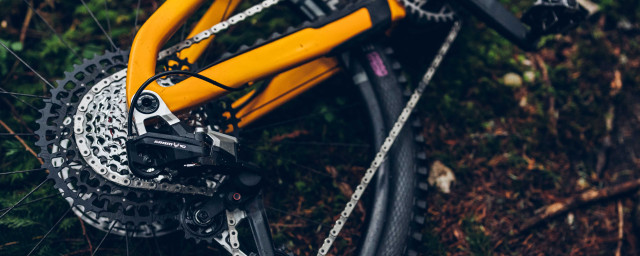

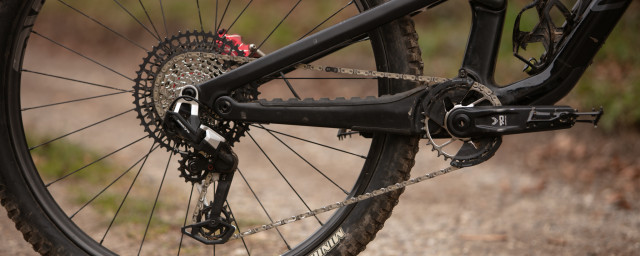
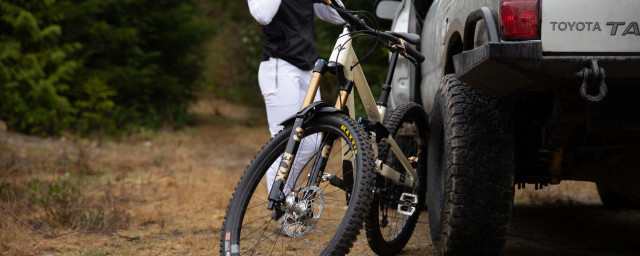
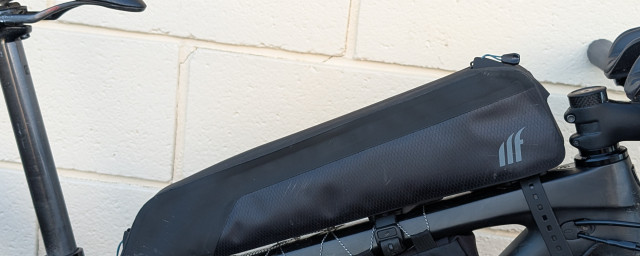
2 comments
Covid has been and gone. Sure it's left a lasting legacy that the big guys have struggled with and conversely passed on to the IBD. That's said, the cycle trade isn't the only industry that's struggling still.
The bike industry is its own worst enemy though and until it's stops trying to sell more to the same small percentage of people each season with a new colourway, .5 degrees of geometry change and such like it's not going to drag itself into a stronger position. For the UK it will forever remain little more than a cottage industry.
All that said, climate change is having a much more significant impact in my opinion. This year has been awful for my business. I'm workshop only in a very affluent area. Spring was so so, summer was mad busy with forward bookings right through. September was terrible, as was last year but last year October to December was flat out. This year it's been garbage and I've had to pick up work elsewhere. Maybe anecdotal but even when we're out riding you hardly see anyone. This year has been wet, windy or scorching hot.
Covid has been and gone. Sure it's left a lasting legacy that the big guys have struggled with and conversely passed on to the IBD. That's said, the cycle trade isn't the only industry that's struggling still.
The bike industry is its own worst enemy though and until it's stops trying to sell more to the same small percentage of people each season with a new colourway, .5 degrees of geometry change and such like it's not going to drag itself into a stronger position. For the UK it will forever remain little more than a cottage industry.
All that said, climate change is having a much more significant impact in my opinion. This year has been awful for my business. I'm workshop only in a very affluent area. Spring was so so, summer was mad busy with forward bookings right through. September was terrible, as was last year but last year October to December was flat out. This year it's been garbage and I've had to pick up work elsewhere. Maybe anecdotal but even when we're out riding you hardly see anyone. This year has been wet, windy or scorching hot.